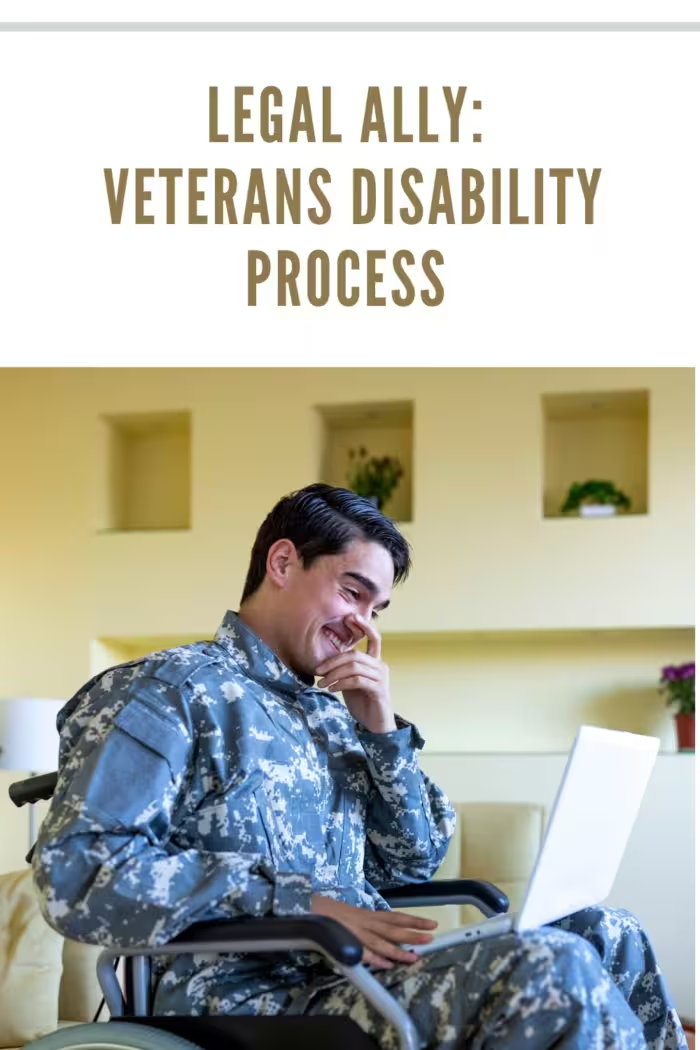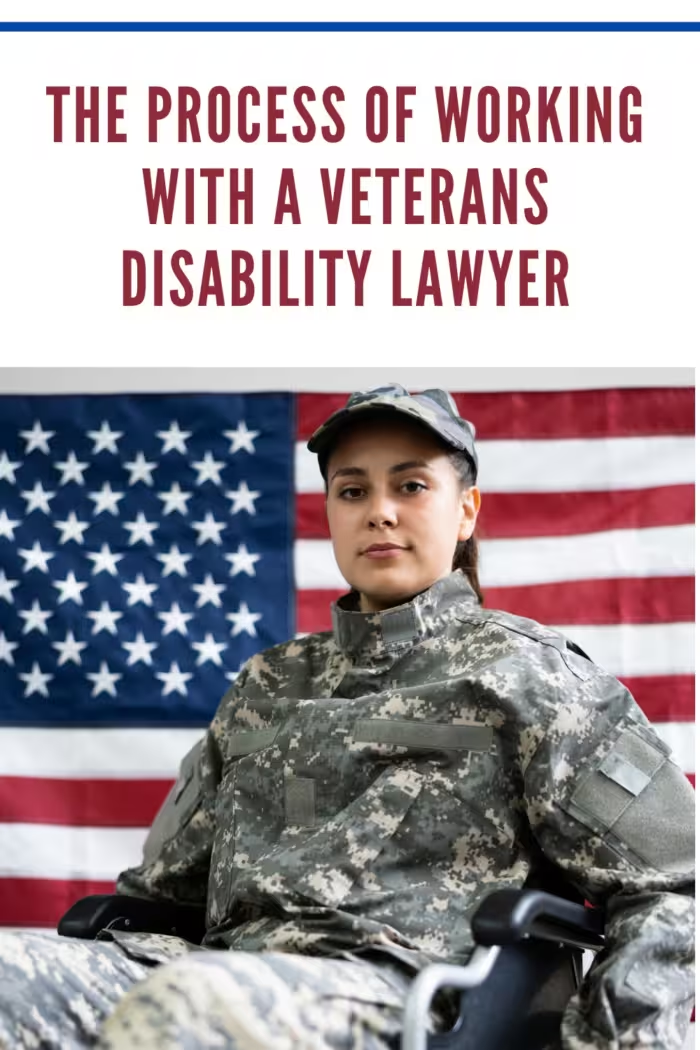Attorneys specializing in veterans disability law know the VA process inside out. They can help you find evidence to establish the link between your condition and military service. They can also help you meet important deadlines to file an appeal. This can result in a higher disability rating and an earlier effective date.

What to Expect: The Process of Working With a Veterans Disability Lawyer
Medical Examination
A skilled VA disability lawyer knows how to bridge the gap between your personal experience with PTSD, traumatic brain injury, or other conditions and what decision-makers at the VA see when they review your claim. They have honed, and have long-practiced, the skill of building a case easily understandable to the VA rater or appeals judge who reviews your claim.
Your lawyer may also know when a medical examination (IME) or a vocative expert witness could be helpful in your case. They have experience working with these experts and are familiar with the documentation needed to prove your claim. However, your attorney should discuss fees and costs with you before engaging them in the case so you are comfortable with what you will spend. Unlike a typical law firm, veteran disability lawyers do not charge for the initial filling out of a claim and work on a contingency basis when representing you on an appeal.

Submitting Your Claim
A skilled attorney can review your claim and provide advice on any roadblocks you might face. They can also help prepare and file your claim and submit any new and relevant evidence.
The attorney can also hire an expert physician or psychologist to examine and evaluate your condition. This is especially important if your disability is a mental illness, such as PTSD or TBI. Some attorneys are uncomfortable handling mental health cases or PTSD claims, so make sure to check that the firm you choose has experience with your type of case. The VA requires you to provide medical clinic and hospital records of your injury or illness. A veteran disability lawyer knows how to request these and other types of additional records that can support your claim. They can also assist with gathering supportive statements from friends, family, clergy, and coworkers. This evidence could prove that your disability is service-connected and directly relates to your military service.

Appealing the Decision
As soon as the VA issues a rating decision that you do not agree with, you should immediately file a Notice of Disagreement. Your lawyer can help you complete this form and explain the laws that apply to your case.
Your attorney will use a copy of your case file, known as the C-File, to develop a legally-based argument against the VA’s decision on appeal. This includes your medical records, Disability Benefits Questionnaires, and lay evidence. They may also hire an independent medical or vocational expert to support their arguments.
You may submit a Supplemental Claim, request a Higher-Level Review, or go straight to the Board of Veterans’ Appeals. Your attorney will help you decide which appeals process is best for your situation.

Final Thoughts:
Working with a veteran disability lawyer involves a detailed process that requires careful evaluation, evidence gathering, and strategic advocacy. By understanding what to expect when working with a veteran disability lawyer, you can approach this journey confidently and ensure that you have a dedicated ally in your corner.
